In natural disasters, epidemics, and civil unrest, the ambulance might not be heading in your direction when needed. In a world where modern hospitals are overwhelmed or don’t exist due to a catastrophe, you might become the highest medical asset left to your family. Are you prepared to deal with medical issues if the rescue helicopter isn’t just over the horizon?
This bestselling book is a comprehensive guide to help the average person keep their loved ones healthy in any situation where help is NOT on the way.
The Survival Medicine Handbook: THE essential guide for when medical help is NOT on the
way (Alton and Alton), third edition
A review by Ruth Murray, BSN
Upshot? Two thumbs up for just about everybody!
I like this aptly-titled book a lot:
It’s well-written. Compiled by an MD-and APRN- husband-and-wife team, its language is quite readable for the non-medical professional, without talking down to medical professionals.
It’s quite comprehensive – in three ways:
- First, it covers a lot of topics. Besides the usual health-care problems, there are ones few would consider: active shooter and mass casualty events, natural disaster preparedness (volcano eruptions, anyone?)
- It looks at prevention, diagnoses and treatment, both western and a few alternative treatments, and even medicinal gardens.
- It’s also very well-structured. Not only addressing how to diagnose and treat various maladies, but with sections on what equipment they advise, mass casualty management, how to transport a patient, public health, dental health and treatment, infections, environmental preparedness and survival, trauma – broken bones/sprains/strains, wounds and bites, and chronic diseases. They discuss everything from how to take a blood pressure to how to do CPR.
Also, its time has come. As more of us get refused by doctors for whatever reason – insurance coverage, vaccination preferences, it helps to be able to manage ourselves.
I have few quibbles with it: the authors are western-medical professionals who still consider treatments mainly from a western-pharmaceutical point of view. There’s an entire section on various widely-used antibiotics, for example. I suspect this bias is justified, as it’s where their expertise lies. However, there’s little from alternative point of view other than the 80 pages on essential oils and herbs – still a chemical-from-without point of view. If you’re aware of physics,
you’ll want to add movement-type interventions. Quantum physics, anyone? Homeopathy is incredibly effective.
As an RN, I found most of it to be a fairly basic review. If you’re an MD, you’ll not need this book at all.
For most of the public, I’d advise getting this book as a good reference. Their prevention-and- preparedness will always be advisable but also keep your eyes open for other methods of healing.
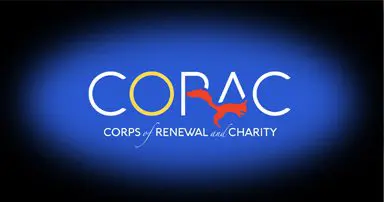
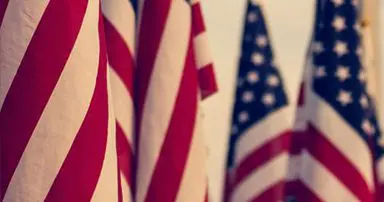
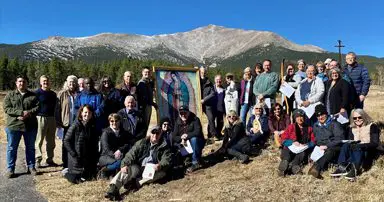
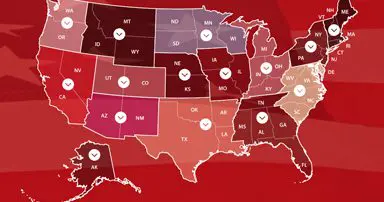

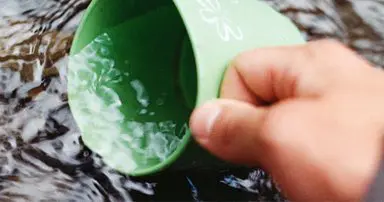
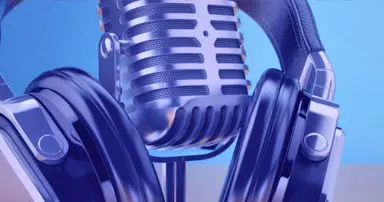
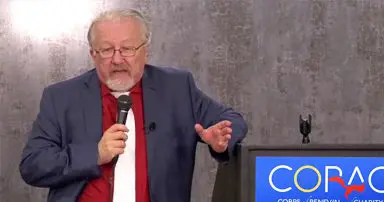
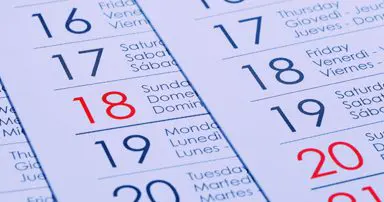
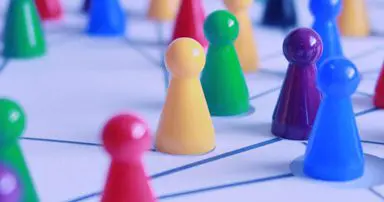
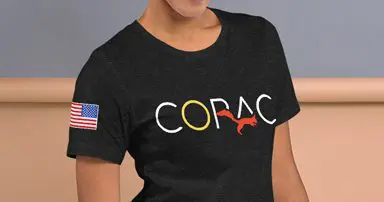
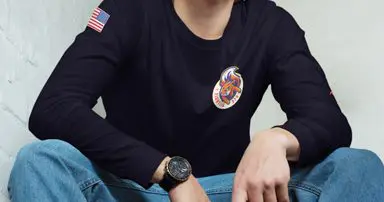
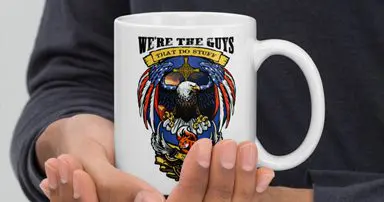

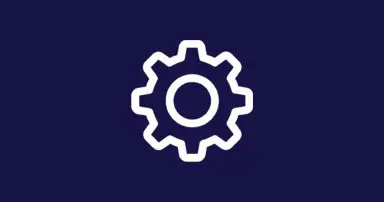

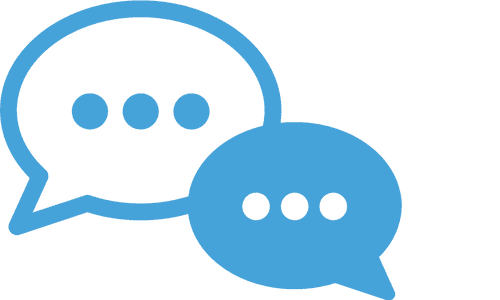
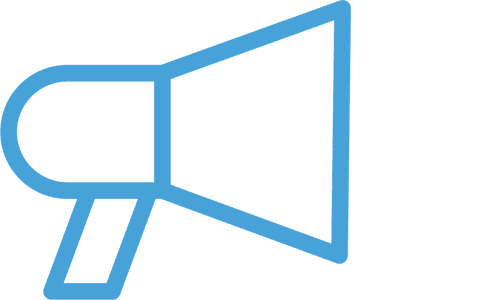

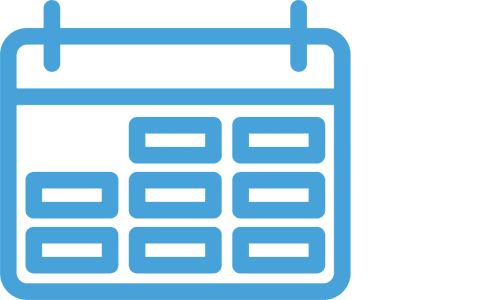






0 Comments